IGUANA
In the forlorn aftermath of his parents’ deaths during the Covid-19 epidemic, 30-something Dawson Wozniak moves from California to Puerto Vallarta; as a book editor, he’s able to work remotely, and he pines to start his life anew. One evening, he shares a furtive kiss with Ivan, who works at the apartment complex where Dawson lives. The two hear a loud argument and then witness a young man falling off the roof to his death. Ivan is anxious to conceal his whereabouts at the time of the incident and convinces Dawson to keep mum, but after the death is ruled an accident Dawson is bedeviled by guilt over their lack of full disclosure. In this subtly composed narrative, Dawson pursues a relationship with Ivan, who is both unsure of their compatibility—they hail from “different worlds,” he believes—and his own sexuality. As evidence of foul play mounts regarding the death of Benito Perez, the young man who fell (or was pushed) off the roof, Dawson grows increasingly fretful that he has neglected to take his own moral responsibility seriously. In stirringly candid terms, Ivan challenges his sense of duty: “Do you realize how American you sound right now? Talking about truth and justice? You come here to our country and tell us how to do things. It’s so…ingenuo, what’s the word…like simple. You are ready to ruin other lives, so you can settle your own conscience.” This is a deeply layered novel that intelligently explores issues of sexual identity, grief, and moral accountability. In each case, Meis avoids any sententious moralizing; instead, he relates a consuming story in powerfully simple prose.


In the forlorn aftermath of his parents’ deaths during the Covid-19 epidemic, 30-something Dawson Wozniak moves from California to Puerto Vallarta; as a book editor, he’s able to work remotely, and he pines to start his life anew. One evening, he shares a furtive kiss with Ivan, who works at the apartment complex where Dawson lives. The two hear a loud argument and then witness a young man falling off the roof to his death. Ivan is anxious to conceal his whereabouts at the time of the incident and convinces Dawson to keep mum, but after the death is ruled an accident Dawson is bedeviled by guilt over their lack of full disclosure. In this subtly composed narrative, Dawson pursues a relationship with Ivan, who is both unsure of their compatibility—they hail from “different worlds,” he believes—and his own sexuality. As evidence of foul play mounts regarding the death of Benito Perez, the young man who fell (or was pushed) off the roof, Dawson grows increasingly fretful that he has neglected to take his own moral responsibility seriously. In stirringly candid terms, Ivan challenges his sense of duty: “Do you realize how American you sound right now? Talking about truth and justice? You come here to our country and tell us how to do things. It’s so…ingenuo, what’s the word…like simple. You are ready to ruin other lives, so you can settle your own conscience.” This is a deeply layered novel that intelligently explores issues of sexual identity, grief, and moral accountability. In each case, Meis avoids any sententious moralizing; instead, he relates a consuming story in powerfully simple prose.












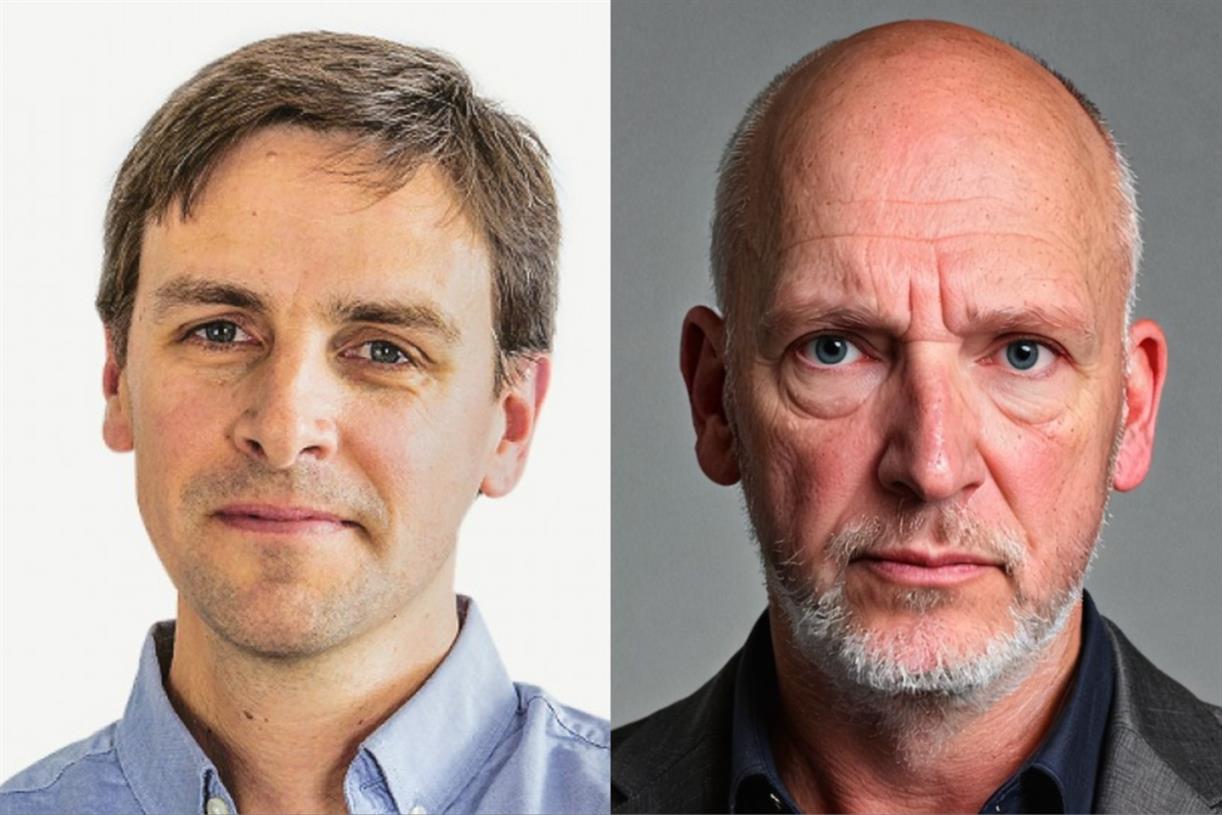
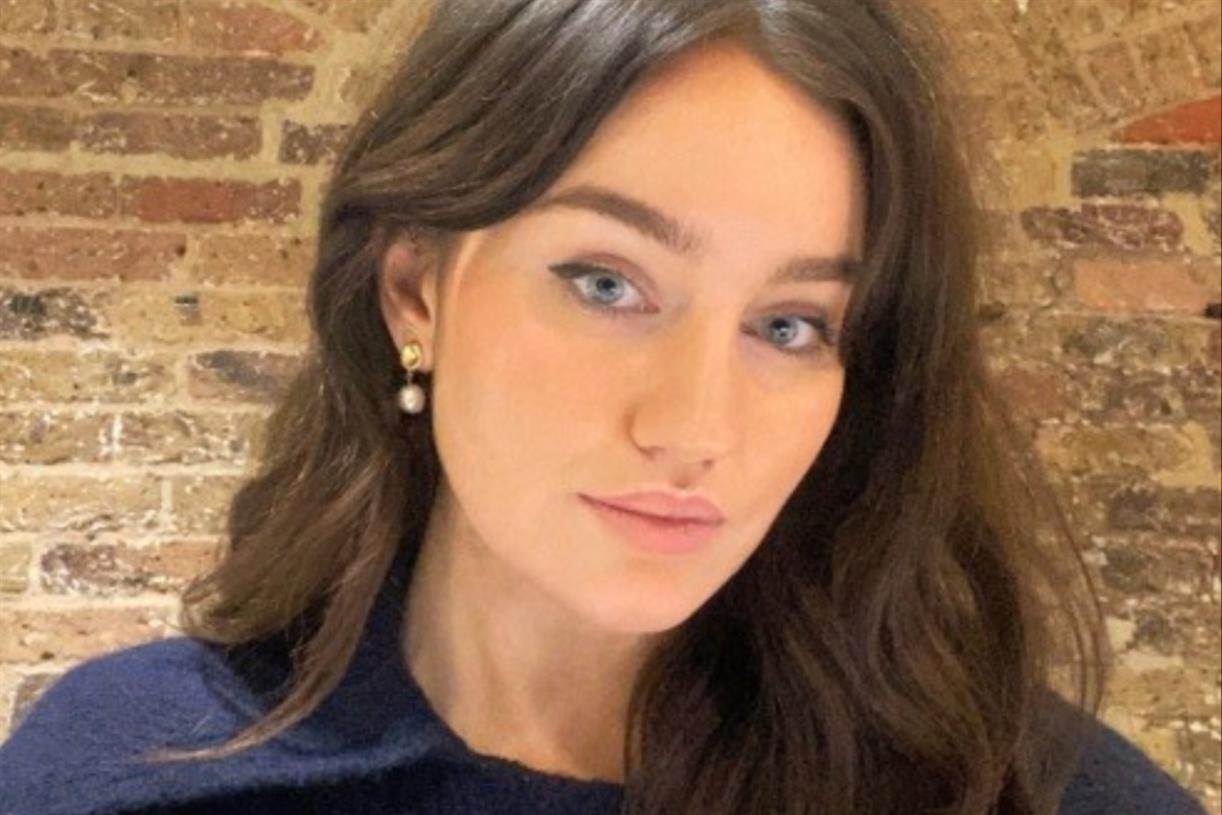


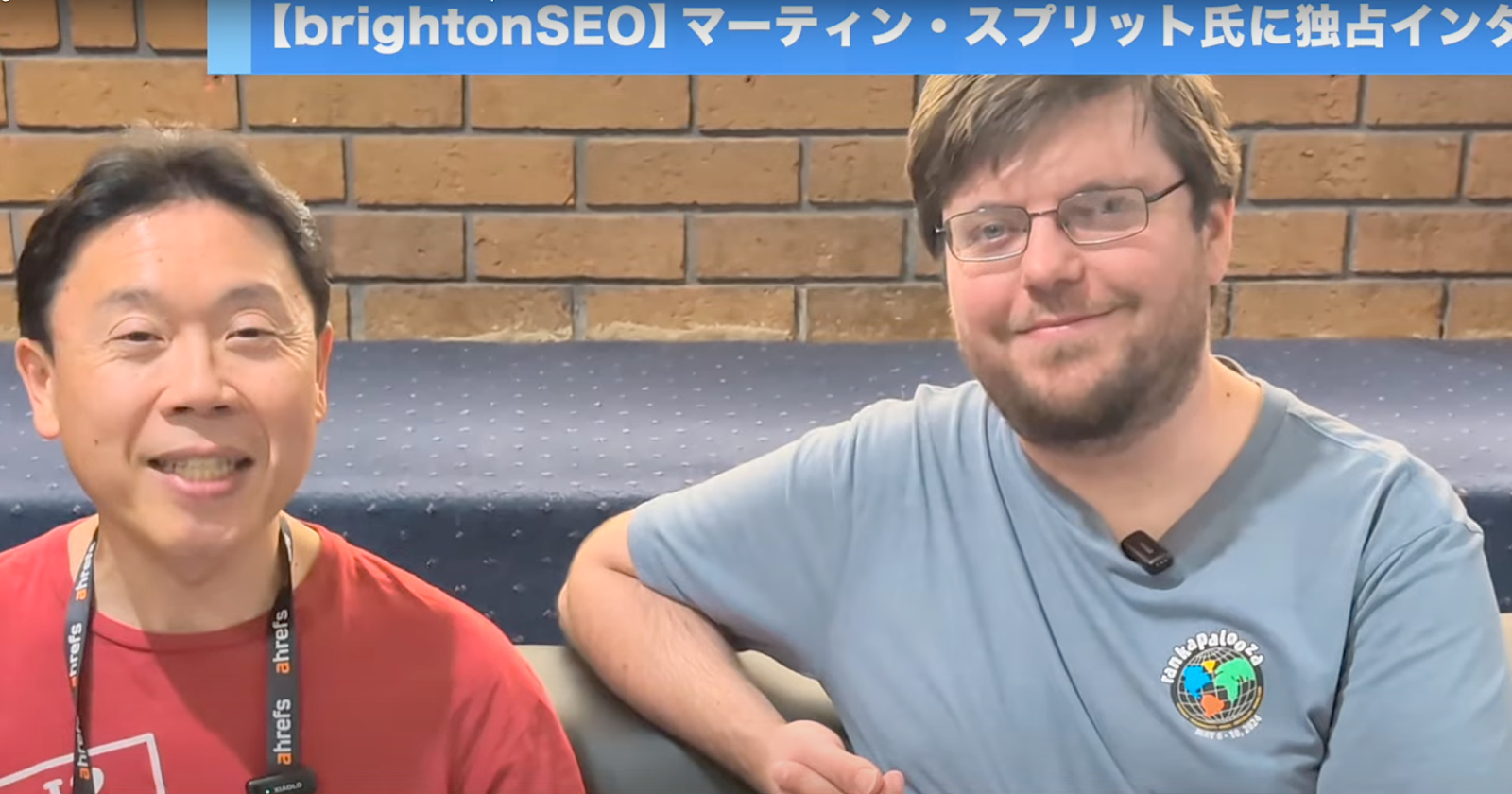

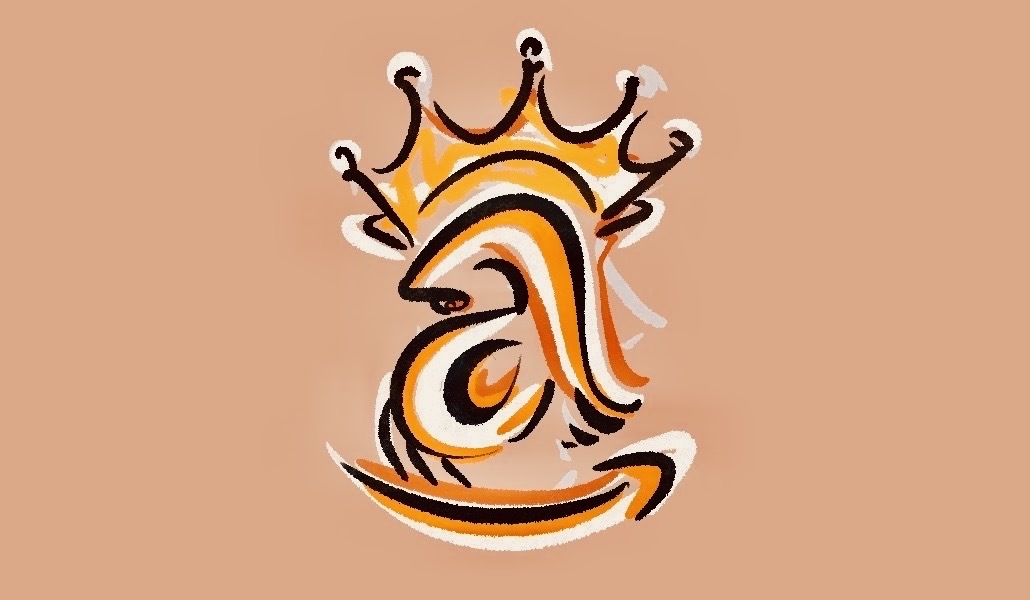










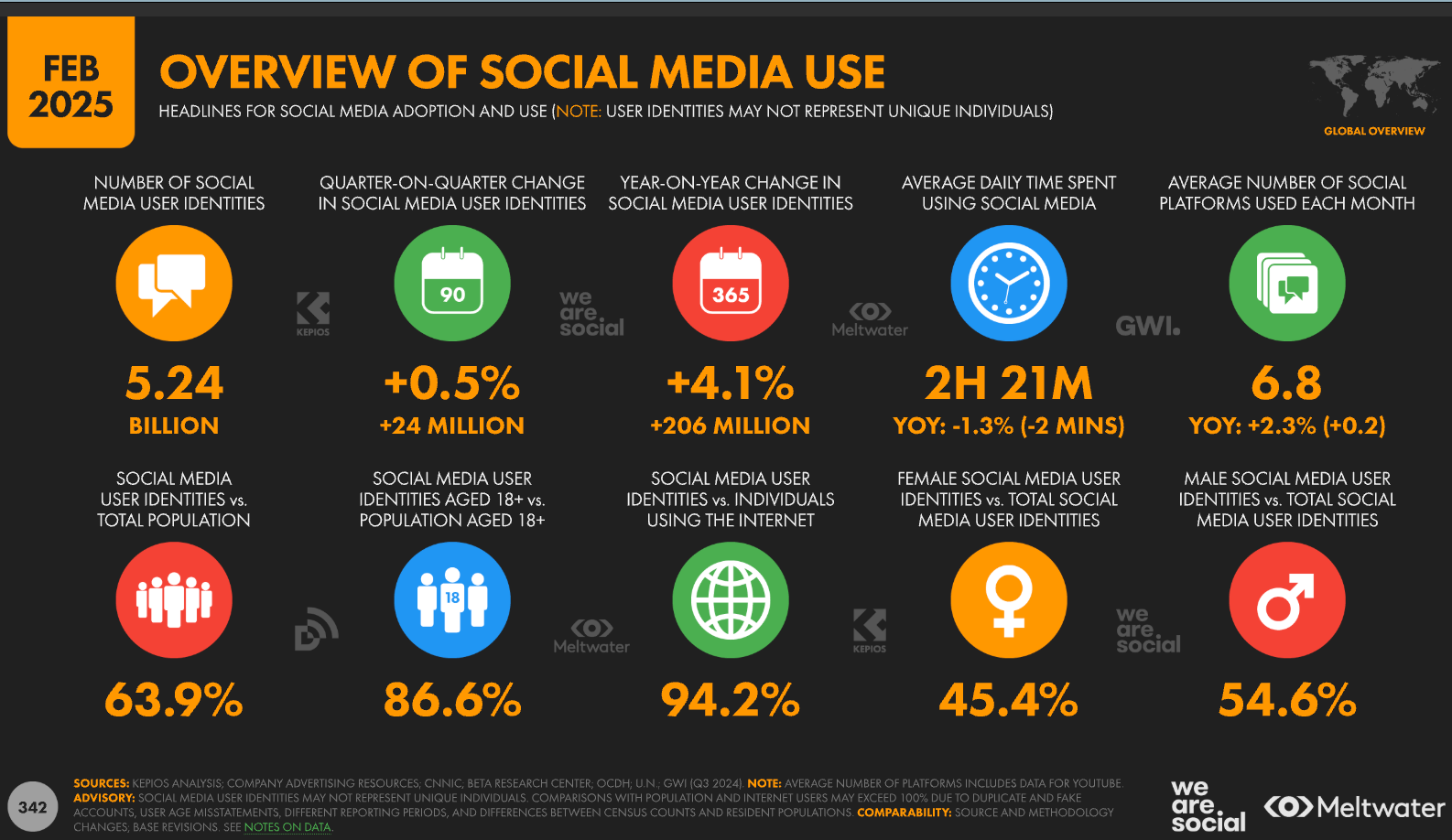
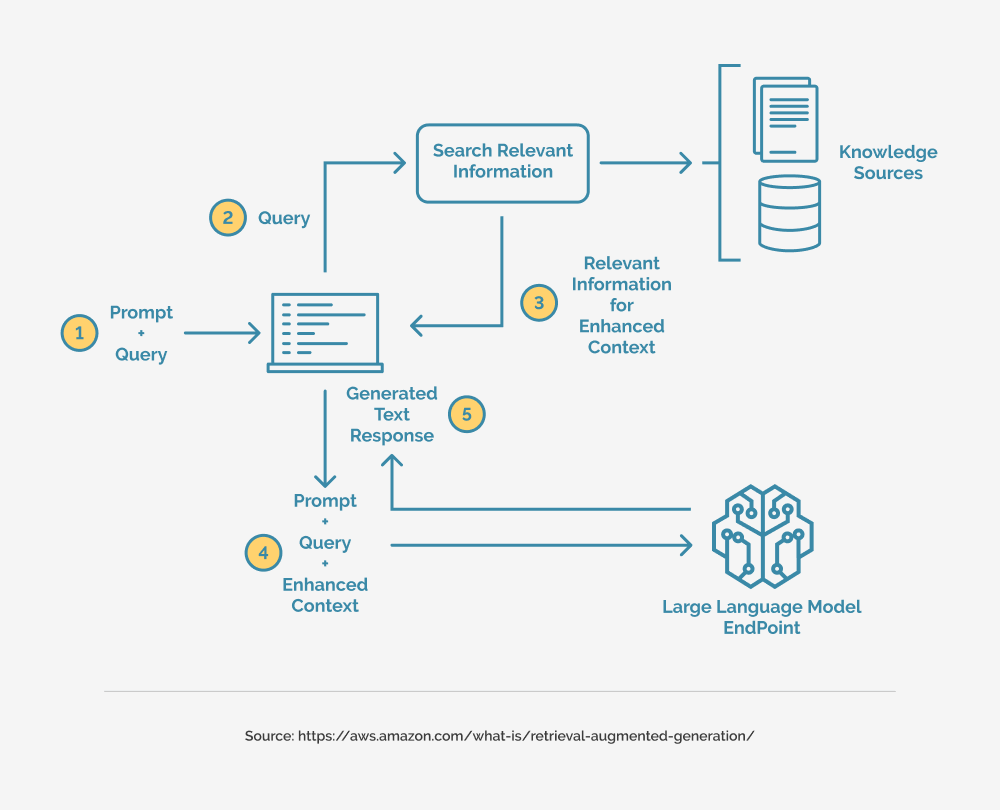














![The 11 Best Landing Page Builder Software Tools [2025]](https://www.growthmarketingpro.com/wp-content/uploads/2024/04/best-landing-page-software-hero-image-1024x618.png?#)































![What Is Generative Engine Optimization [Tips & Workflows To Do It]](https://moz.com/images/blog/banners/What-Is-Generative-Engine-Optimization-Tips-Workflows-To-Do-It-1.png?auto=compress,format&fit=crop&dm=1745607929&s=6f75f1f02c531af0f80acb12517c8bab#)



























![Social media image sizes for all networks [May 2025]](https://blog.hootsuite.com/wp-content/uploads/2023/01/Social-Media-Image-Sizes-2023.png)























